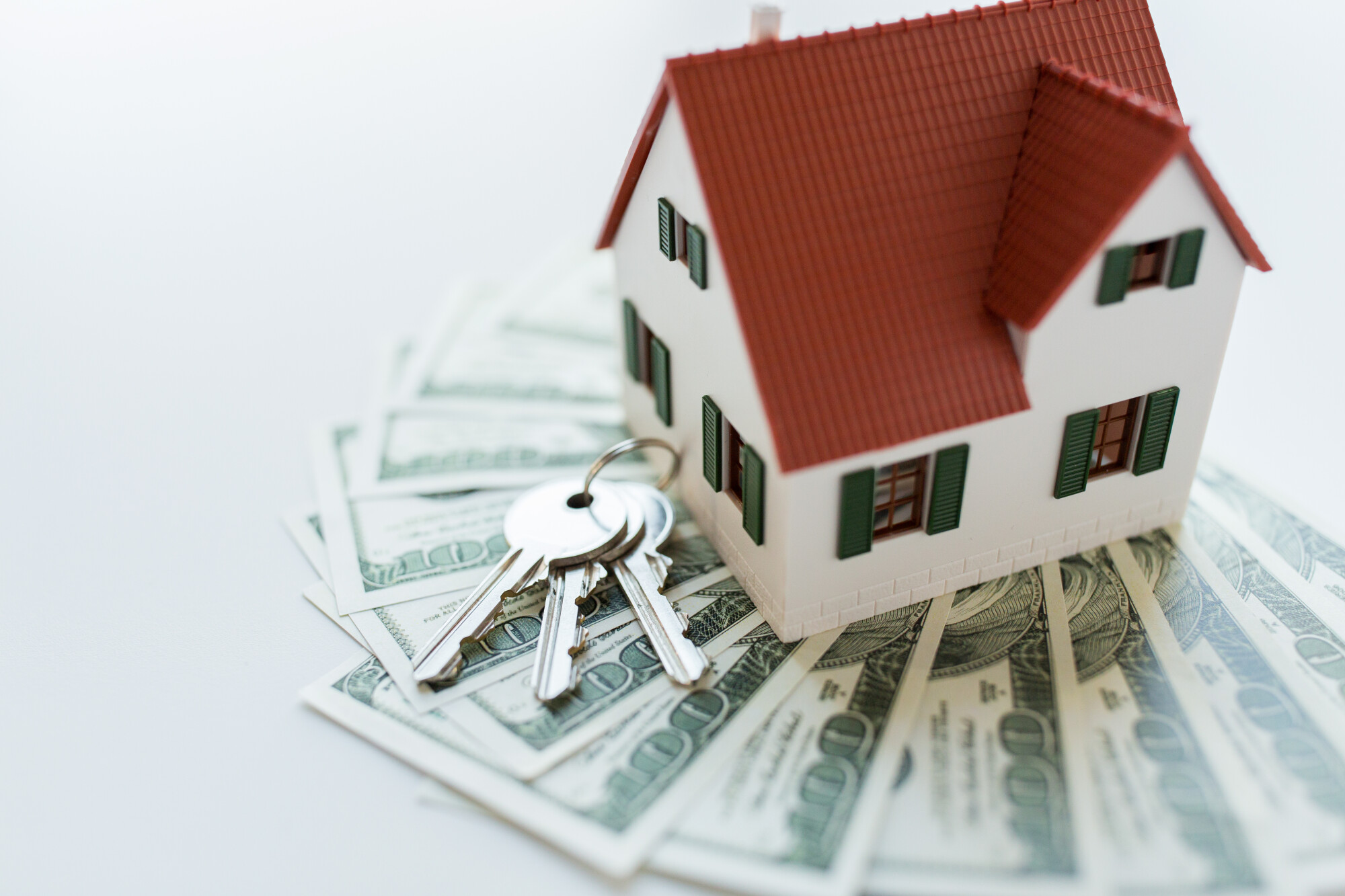A recent study by Fannie Mae states that home buyers pay an average of 2.18% of their home’s price on closing costs.
If you’re considering selling your home or have already listed it, it’s in your best interests to know what’s included in these costs. More importantly, you’re likely curious about how you can reduce them.
Keep reading for a brief rundown of home sale closing costs and how you can avoid some of them.
What Are Home Closing Costs?
Closing costs are unavoidable expenses associated with every real estate transaction. In most cases, the buyer pays more closing costs than the seller.
The seller’s closing costs come from the sale of their home, but the buyer must pay their portion in cash.
When selling a home, you can expect to pay the following before finalizing the deal:
Real Estate Agent’s Commission
For decades, real estate agent commissions have been set between 5% and 6%. The seller pays a commission to both agents from the proceeds of their home sale.
These fees aren’t technically closing costs, but they’re paid at the same time and also come out of your home’s sale price.
Amounts Owed on the Property
These are all the usual fees associated with owning a home, prorated up to the closing date. These include utility bills, homeowners insurance, HOA dues, and property taxes.
Transfer Taxes in your State
Transfer taxes vary widely from place to place, but they’re always applicable to home sales.
Check your county and state taxing authority’s website for more information on how much you’ll pay in your area.
Title Costs
Title costs comprise the fees associated with ensuring you’re entitled to sell your home. These fees pay for a title company to investigate, adjust, and insure the property’s title.
These companies conduct a title search to find any issues with the home, such as liens or encumbrances.
HOA Transfer Fee
This fee covers the costs incurred by your HOA when transferring their records to the home’s new owner.
They include administrative charges for preparing and circulating documents, changing amenity passes and security codes, and updating their database.
Capital Gains Taxes
Capital gains taxes aren’t considered part of the closing costs, but they can impact how much profit you make on your home.
Always consult a tax attorney about these charges, as they depend on numerous factors and can get rather complicated.
Mortgage Payoff
If you still owe money on your mortgage when you sell your home, you’ll settle this amount at closing.
Some lenders also charge a fee when you pay off your mortgage early. This may be a percentage of the remaining balance or a sliding fee based on how long you’ve been paying your mortgage.
There’s no way around this, but it’s helpful to find out what it is, so you can anticipate the cost.
How to Reduce Home Sale Closing Costs
One way to reduce closing costs as a seller is by selling your home yourself. This will eliminate the need to pay a real estate agent’s commission to sell your home on your behalf.
You’ll still need to pay the buyer’s real estate agent their commission, though.
Selling your home on your own can become overwhelming and time-consuming unless you sell it to a cash investor. These committed buyers don’t work with real estate agents, so you’ll pay no commission on the sale.
In some cases, you can even negotiate with a cash buyer to help you pay all or some of your closing costs.
When you opt for a cash sale, you’ll also enjoy a few more time- and money-saving perks. These include:
No Home Appraisals and Inspections
The home appraisal and inspection process can drag on for weeks. You won’t need to wait for these processes to conclude before closing on your home when you sell to a cash buyer.
When you sell your home to a buyer who needs to apply for a mortgage, their lender will usually insist on an inspection and appraisal.
This is to ensure the mortgage amount matches the home’s worth.
A home appraisal can affect whether the buyer can get the finance they need to buy your home. If they can’t, they’ll cancel the sale.
You’ll hardly ever encounter this problem with a cash buyer. Few of these individuals rely on mortgages to pay for their property purchases.
Avoid Expensive Repairs
Cash home buyers ordinarily buy homes as-is. When you sell to a conventional buyer, they may insist you repair some items first.
Likewise, you don’t need to spend money hosting open-house events when you sell to a cash buyer.
Convenience
Cash home sales involve a simple step-by-step process. You’ll encounter fewer uncertainties and expenses when you choose this type of home sale.
In most cases, a cash buyer will let you choose your closing date and moving date. This is especially convenient if you need to sell your home fast or if you’ve inherited an unwanted property.
You won’t need to clean your home or make any repairs before you move out.
Sell Your Home the Easier Way
When you sell a house, home sale closing costs aren’t the only expenses you need to worry about.
You’ll also need to consider holding costs on the property. These include taxes and utilities, and other costs associated with running a home, even when it’s vacant.
If you’ve inherited an unwanted property or need to sell your home fast, it’s worth considering a cash offer to expedite the sale. You’ll receive a valuation within hours.
This offer may come in slightly lower than what you’ll get from a conventional sale, but you will save on some closing costs as well as holding costs.
Get in touch to arrange a faster, more profitable home sale today.


